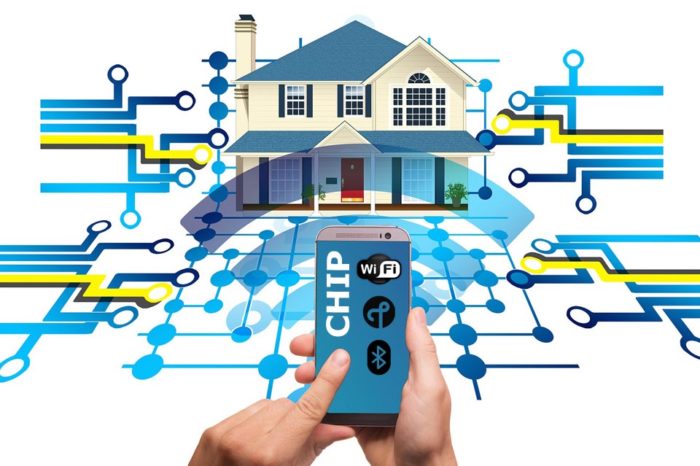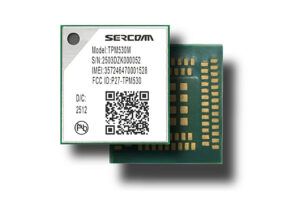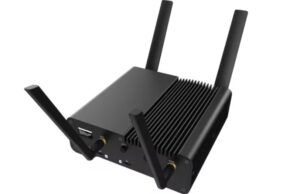Smart Home: Increasing acceptance – customers pass on data
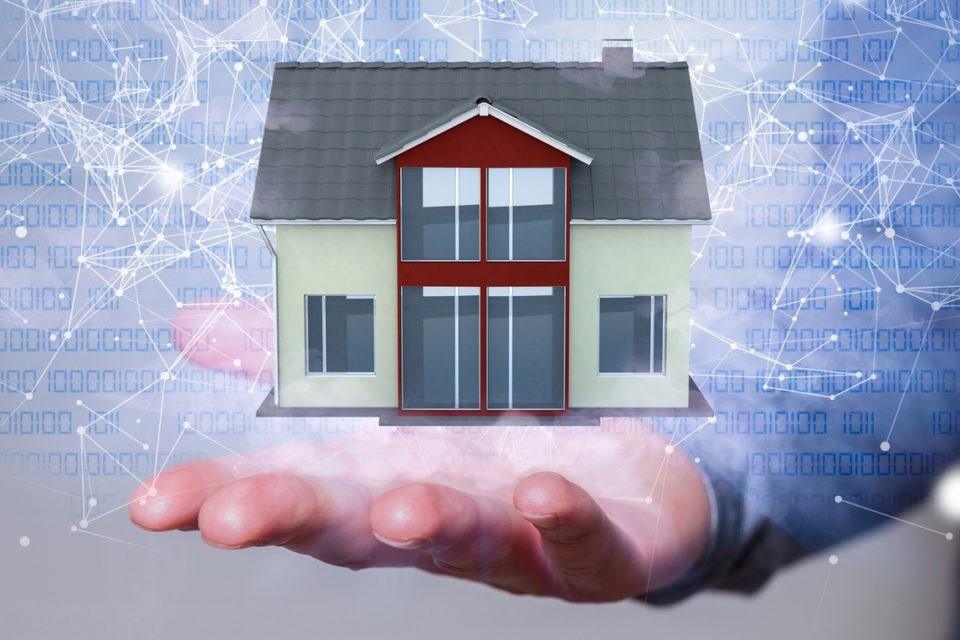
While Amazon’s smart home products equipped with “Alexa” were recently criticized for listening to customer conversations, the general willingness of private customers to release data about their habits and consumption values for the corresponding use is increasing, for the mutual benefit of supplier and customer.
The reason why the most diverse print and online media recently reported that Amazon would record private conversations of users without their knowledge and consent and listen to them in a virtually targeted manner is unclear. However, not only IBM ViaVoice users should be aware that even modern IoT devices, which can be used to execute/automate simple actions by means of voice inputs, are not inhabited by gnomes who willingly carry out the wishes of their masters – but that humans have to develop and continuously improve the necessary software and algorithms to recognize human language.
For this, a comparison between the actually spoken words and what devices/software have interpreted is indispensable. As with many comparable processes in which customers can participate in improving the products/services they use by passing on usage data, Amazon explains this in its privacy policy – and also offers appropriate opt-in/opt-out functions in the device and user configuration.
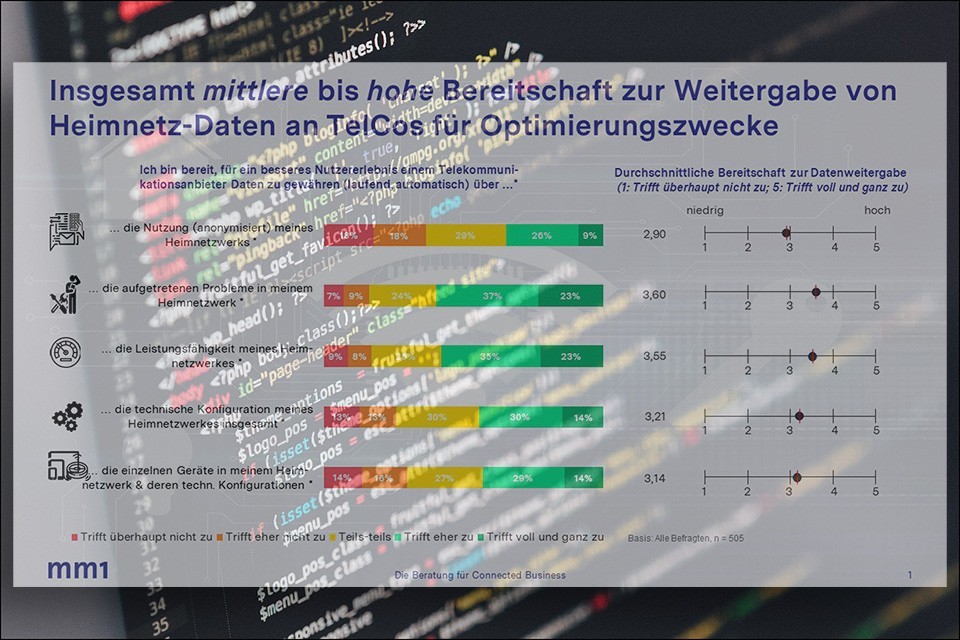
mm1 Smart Home Studie
Study shows: Customers appreciate added value through data usage
Contrary to the prophecies of doom in some media, however, a recently published study by management consultants mm1 shows that a steadily increasing number of users/customers are very willing to pass on usage data from the smart home to telecommunications providers or Internet service providers, for example – if these contribute to improving a product or service.
mm1 came to this conclusion through a survey of over 500 private Internet users aged 18 to 64, who also articulated increasing demands on WLAN systems in the Smart Home. For example, these customers wanted a better user experience with optimal WLAN coverage, automatic setup of Internet-enabled devices and fast troubleshooting. However, such customer requirements can only be met by telecommunications providers with the help of customer data about their home networks.
The main result of the survey is that customers appreciate the benefits of data-based features to such an extent that they are willing to pass on the necessary data. Information about the problems and performance of the home network is the most readily available, information about technical configuration and devices in the home is mediocre, and information about usage is the least readily available.
In principle, more than 80% of customers are willing to provide data on technical problems that have occurred and on the performance of the home network.
Data-based features that improve operability, especially simple setup and troubleshooting, as well as WLAN performance, increase customer satisfaction disproportionately.
A corresponding acceptance of data transfer and use can also be postulated for electricity, gas and water customers with a probability bordering on certainty. If the majority of these were equipped with modern measuring equipment (mME) or at least smart meters, real estate and network operators as well as electricity providers would have real-time data available on current consumption, which would not only enable immediate reactions to faults and failures. On commercially used areas, considerable savings can also be achieved by implementing consumption- and demand-adapted supply plans. In addition to the high level of transparency, private customers will also be attracted by the possibility of optimisation and savings (also from an ecological point of view).
Appropriate equipment is already in use in the USA, among other countries, but is also already available in Germany.



